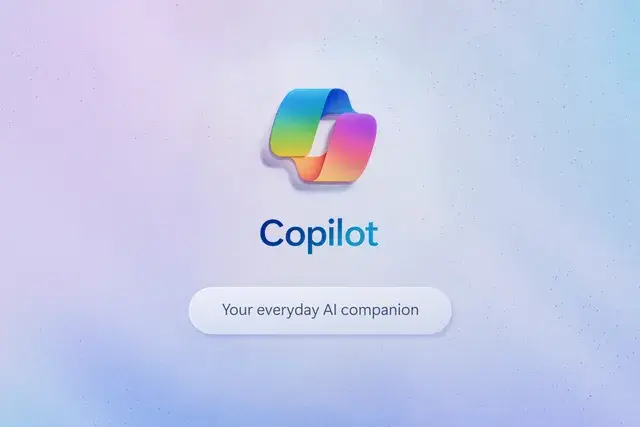Microsoft has introduced the Copilot app, a dedicated platform for its generative AI-powered service, which was previously known as Bing Chat. This move puts Microsoft in the league of companies like OpenAI, which have their own apps for AI chatbots. Powered by OpenAI's GPT-4 and DALL-E 3, Copilot was initially available only on the web or through the Bing app. However, it is now accessible as a standalone app on the Google Play Store, allowing users to interact with the AI and generate graphics in response to text requests.
Similar to OpenAI's ChatGPT app, Copilot responds to user queries and can create images, setting it apart from the free version of ChatGPT. Users can employ Copilot for various tasks such as proofreading, trip scheduling, diet planning based on habits, and generating high-quality photos.
Notably, the release of the Copilot app followed the rebranding of Bing Chat to Copilot by about a month. Microsoft's decision to launch Copilot as a separate app, rather than integrating it with the Bing app, aligns with this rebranding. While basic functions of the Copilot app can be accessed without a Microsoft account, logging in is required to create images from prompts and ask in-depth questions.
For iPhone and iPad users, Copilot features can be accessed through the Bing app until the dedicated iOS version is launched. However, the timeline for the release of the iOS version remains uncertain, as the app is currently only available on Android.
The introduction of the Copilot app signifies Microsoft's commitment to providing a seamless and user-friendly experience for interacting with generative AI. With its ability to generate images and respond to diverse user requests, Copilot aims to enhance productivity and creativity for its users. As the app continues to evolve, it is expected to further integrate with Microsoft's ecosystem, offering a comprehensive AI-powered solution for mobile users.
